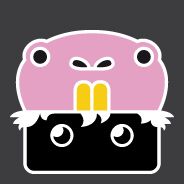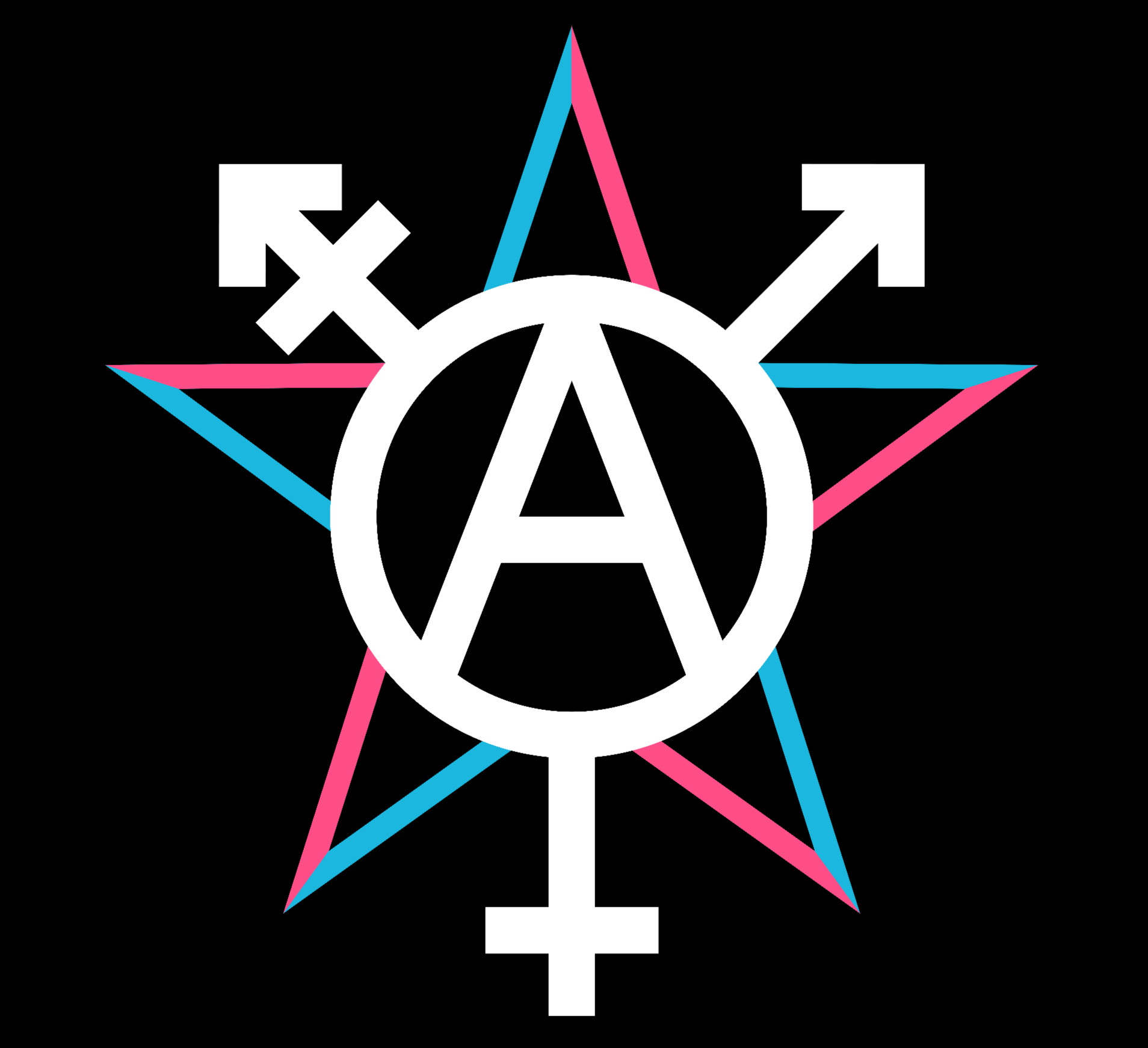ich_iel is the worst place to learn german, the running gag is to translate stuff from english literally while actively ignoring the context.
Es ist, was es ist.
Tja.
Is that true? My dear mister singing club!
My English is so good, that makes me nobody so quickly after!
Classic english for runaways.
Must you give your mustard to everything?
Ich kann konfirmieren dies.
It has nothing to do with your friends throwing trash on the ground
That honestly sounds like it would be hilarious.
Does it translate well back into English enough to get the joke?Yes, ich_iel mostly just takes English words and translates them 1:1. Doesn’t actually make sense in German, but that’s part of the joke. If you translate it back to English 1:1 again you should understand it perfectly.
As a native German speaker I often had to translate ich_iel memes 1:1 to English first to understand them myself. Its basically English but in German.
The English idioms must be super confusing. We have some odd ones like “chop a tree down” followed immediately be “chop a tree up”.
Hacke einen Baum runter.
Hacke einen Baum hoch.
Kleine Hiebe fällen große Eichen!
It’s not even easy to understand ich_iel as a native speaker. They use an extreme form of internet slang only understood by a handful of people.
Dies ist ein klarer Fall eines Geschicklichkeitsproblems.

Some skills can be purchased!
Sad that your translator has chosen “problem” instead of “issue”.
Translation
problemissue.übersetzungsstreitfrage
Problems is in the word at least. I’m mostly confused by the rest of that word.
A more direct or literal translation of Geschicklichkeit would probably be something like or skilledness or skillfulness. Other words with the -lichkeit ending that might be more familiar are Freundlichkeit (friendliness) and Brüderlichkeit (brotherliness)
(So there are actually two endings here. -lich is cognate to english -ly, though -ed can also work. -keit is equivalent to english -ness)
The base word, Geschick, translates to ‘skill’ on its own. The difference is that it
strictly(edit: apparently not) behaves as a countable noun, as in you can have a number of skills, just as you can have a number of friends, of brothers, etc. It doesn’t work when describing a quality or property someone may possess, so that’s where the suffixes come in.It’s the difference between “there’s a lot of friend here” and “there’s a lot of friendliness here”
In English, skill is an exception to a rule. It can be used in both ways, without the help of suffixes. German, on the other hand, doesn’t generally make that kind of exception in the interest of maintaining consistency.edit: seems this exception is actually a similarity between English and German, though perhaps German slightly prefers the longer form in cases such as this one.The Germans are probably going to roast me for this but that’s my understanding from just under 2 years of learning and a brief series of googles.
countable verb
noun
I’m German and I just use whatever sounds better and “Geschicksproblem” would sound even more like you just had a stroke. Also it’s kinda part of the meme to make words as long as possible because it’s funny.
Geschick and Geschicklichkeit are pretty much synonymous. Maybe Geschicklichkeit suggests a bit more that the natural skill is enhanced by technique and training, but that’s it.
Welp, I tried. German grammar eludes me again. Thanks for the info though! and for catching that error :)
Probiers nomol.
Do isa machtloss
Schwätzt Deutsch, kerr!
Is that a feature in Sync?!
That’s sync’s interface, but I don’t see the option in the free version
Text translation is a capability of Sync Ultra.
Hey buddy, I can clearly lick my chickens whenever I want.
Im örtlichen Gebietsnetzwerk wäre es ein Ass gewesen.
Always know I’ve been awake too long when new turns Deutsche. Gotta brush up.
Removed by mod
Jein?
Jajajajaja
Did I just say “yes” a bunch of times, or was I laughing? No idea.
Agreeing in German, laughing in Spanish, I think.
sounds about right. no idea why the spanish have a stroke every time they laugh
Because they’re very passionate people.
Ja ja heißt leck mich am Arsch!
Olles klaa maistaa
When German and Finnish merge…
I’m pretty sure that’s the 69th sign of the apocalypse.
When you agree for a fifth time in German it’s actually a cheeky way of saying you disagree. /S
I took German in High school… 25+ years ago. Never got fluent and never used it after that. Now I see the memes and find myself picking out words I remember to find the funny.
Damn Germans and their enigmatic memes
Ah, du kriegst es hin noch Deutsch zu lernen.
deleted by creator
It’s a program of attraction rather than promotion
Ryan, is that you?
Sorry, different American
There are more?
Yes. There are in fact in excess of seven Americans on Lemmy alone.
So many? That’s amazing!
It is, after all, the third most populous country on earth. It has a population larger than 52 people.
Ah, now it makes sense! Thanks!
Oh, hey Jim!
ich spreche ein bisschen Deutsch
(pretty sure that says “i speak a bit of german”)
Can’t you read? It clearly says Dutch
What does Pennsylvania have to do with anything?
Correct!
SPRICH
DEUTSCH
DU
SOHN
EINER
netten mutter?
Sehr nett.
𝕯𝖎𝖊𝖘𝖊 𝕶𝖔𝖒𝖒𝖊𝖓𝖙𝖆𝖗𝖘𝖊𝖐𝖙𝖎𝖔𝖓 𝖎𝖘𝖙 𝖓𝖚𝖓 𝕰𝖎𝖌𝖊𝖓𝖙𝖚𝖒 𝖉𝖊𝖗 𝕭𝖚𝖓𝖉𝖊𝖘𝖗𝖊𝖕𝖚𝖇𝖑𝖎𝖐 𝕯𝖊𝖚𝖙𝖘𝖈𝖍𝖑𝖆𝖓𝖉
A mi abuelo se le caería una lágrima :,)
Good that you chose this community, otherwise you’d have a request to change it to ich❌🇩🇪😂iel
I’ve seen those posts too, but can’t speak German. What does “ich_iel” actually mean?
It’s “ich im echten Leben”, which is a literal translation of “me in real life”.
Basically it’s a meme community and the german version of me_irl.
Actually, it’s a direct translation of I_irl. It should really have been mich_iel or mir_iel.
It’s a bit more complicated. English uses me much more than German uses ich. Think of: It’s me, you and me, …
No it shouldn’t. Ich_iel is the correct translation.
Which is kinda unfortunate. Mich_iel would’ve been much more on brand.
ich = me
iel = im echten leben = in real lifeso ich_iel = me_irl
MFW krankenwagen naturwissenschaft 😂
SCHMETTERLING!
Geschwindigkeitsbegrenzung?
Nicht in meinem Deutschland!
what’s an alter
Alter, wo is mein Auto
A northern oida.
From what I looked up it means something like dude or mate. It’s also used when expressing suprise? If native speaker has better insight I’d appreciate it.
It’s pretty much just “dude”, vor talking with friends. Other widely used versions include “Digga” and “Bruder”
Omg you just can’t go say the d word. /s
Ok digga dann eben nicht
The English “Yo” is a really good translation. You can use it to express surprise (“Alter! Wtf!” - “Yo! Wtf!”) or to address someone (“Alter, was geht?” - “Yo, whats up?”).
“Yo” really is the best translation I can think of.
deleted by creator
Wissenschaft Hündin!
The literal meaning is a really informal “old one” but can also mean “age” in another context. It is used exactly like you described.
So Germans colloquially call each other “old man”? That’s kinda hilarious
It is one way to do so, german youth also use several english terms or “Digga” which is a modified form of the word “Dicker” meaning fat. Although I am no linguist I would assume that Alter and Dicker were used in combination with Freund (friend) first since those are valid phrases that still are in use.
As much as English speakers call each other “male sibling” or “canine”.
Technically correct, but no one makes that association in everyday language.
Alter, das kann doch jetzt nicht wahr sein.
deleted by creator

























